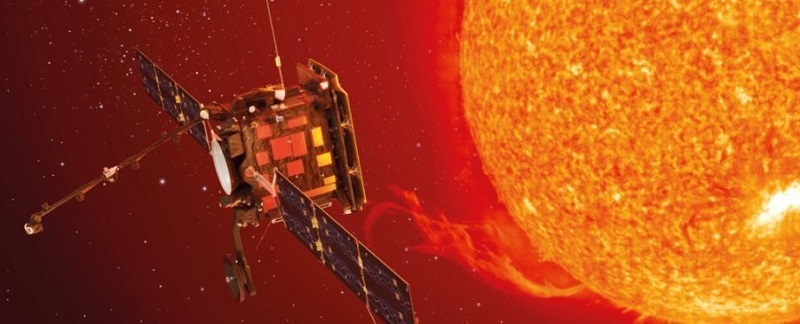The Solar orbiter, a satellite aiming to deliver new insights about the sun, blasted off from the Cape Canaveral launch complex in Florida at 11.03 p.m. on Sunday, February 9, 2020 (0403 GMT on Monday) atop an Atlas V 411 rocket.

Guenther Hasinger, the European Space Agency (ESA) Director of Science, announced this on Monday.
At 12.24 a.m., mission controllers at the European Space Operations Centre in Darmstadt, in south-western Germany, received a signal from the spacecraft indicating that its solar panels had successfully deployed, National Aeronautics and Space Administration (NASA) said in a statement.
The orbiter is kitted out with 10 scientific instruments and aims to take the first-ever high-resolution pictures of the sun’s poles.
“As humans, we have always been familiar with the importance of the Sun to life on Earth.
“But we have also long known it has the potential to disrupt everyday life should we be in the firing line of a powerful solar storm,’’ said Hasinger.
“By the end of our solar orbiter mission, we will know more about the hidden force responsible for the sun’s changing behaviour and its influence on our home planet than ever before.’’
The joint mission between ESA and NASA is estimated to have cost almost €1.5 billion ($1.66 billion).
The mission aims to “address big questions in solar system science to help us understand how our star creates and controls the giant bubble of plasma that surrounds the whole solar system and influences the planets within it,’’ ESA says on its website.
Scientists are hoping to obtain insights into the magnetic fields around the sun that make up the heliosphere and create the star’s weather.
The satellite will take three years to reach its orbit, travelling 42 million kilometres towards the sun and getting even closer than Mercury.
It will be controlled out of the European Space Operations Centre in Darmstadt.
